Brian Grazer, one of Hollywood’s most successful producers, and co-author Charles Fishman are engaging storytellers. They offer solid guidance on the application and utility of curiosity. Some of Grazer’s ideas are not quite the startling revelations he seems to believe. But the path of his career and the way curiosity informs it makes for fascinating storytelling. Of particular interest is the book’s final section, in which Grazer details encounters with Princess Diana, author Norman Mailer, studio head Lew Wasserman, then-Senator Barack Obama, and more. getAbstract recommends this engaging narrative to anyone interested in movies and to those cultivating ambition or curiosity.
The Gift of Curiosity
Brian Grazer believes curiosity is a natural gift that parents and teachers should encourage in children at school, at home and in the broader culture. From the time of his first job in Hollywood, he contacted anyone who intrigued him. He initiated “curiosity conversations” with people outside his Hollywood sphere – people who were strangers until he talked to them – over the course of 35 years. His quest to know more taught him that curiosity is “democratic” by its nature. Asking questions and really listening to the answers makes equals of both parties and unites them in seeking knowledge. The essence of life is not getting the answers, but “asking the questions.”
After Grazer graduated from the University of Southern California, he happened to overhear a conversation outside his office window. Someone had quit a job working for an executive at Warner Bros. Grazer immediately called the executive and applied for the job. Grazer had no real sense of what the work was likely to be. He was just curious. The job involved delivering legal papers around Warner Bros. Grazer could have just left each set of papers with a secretary or aide. He never ...
Brian Grazer produced the films A Beautiful Mind, Apollo 13, Splash and 8 Mile, among others. Charles Fishman wrote The Wal-Mart Effect and The Big Thirst.




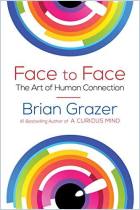
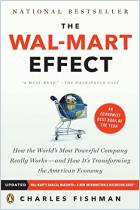
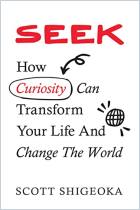
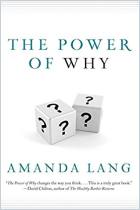
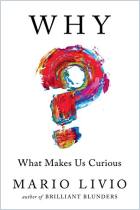
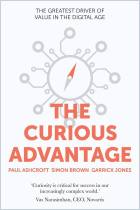
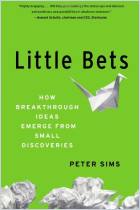






Comment on this summary
On the part of the book itself, I am not impressed in the least. What Graizer calls "curiosity conversations" is just another way of saying he's pushy and likes to pick people's brains. There's nothing wrong with that necessarily, but it's MUCH easier to get sit-downs for "curiosity conversations" with Obama and Lady Di if you are big time movie producer than if you are just an average person. Furthermore, the summary says of a job that Grazer had at the start of his career that it "involved delivering legal papers around Warner Bros. Grazer could have just left each set of papers with a secretary or aide. He never did. He always insisted on delivering his papers to the recipient personally. Thus he spoke to many powerful, famous people in the movie business." Please. Perhaps that worked then and there. But here in today's real world, try going to the office of the most prominent executive in your area, telling the executive's assistant that you have important legal papers for the executive that you will only deliver personally AND THEN you also want to pick that executive's brains while the executive focuses all of their attention on you and ignores the legal papers you've just delivered.
See how far you get with that.